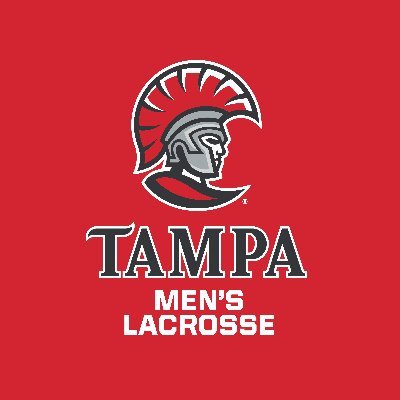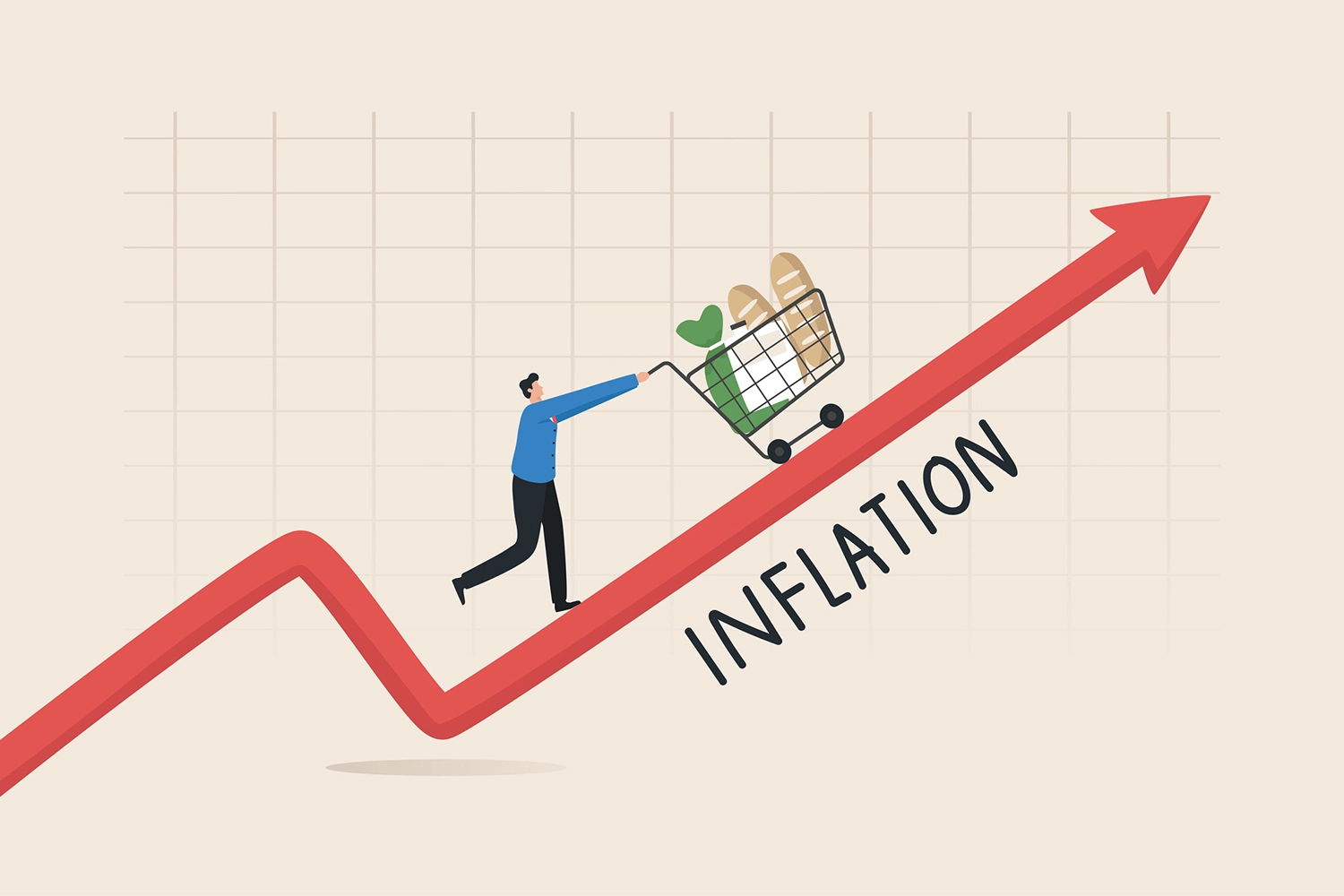by Jakob Becker
Sergio Agustin, freshman advertising and public relations major, remembers distinctly the horror he felt when he first heard about the Parkland shooting. Being a Floridian, the idea of a school shooting was something he never saw coming so close to home. It was a foreign concept that happened everywhere else but here, a story he thought he would continue to see only on the news.
It is because of the Parkland shooting that Agustin, like many of his peers, has gone out and finally registered to vote. Agustin wanted to see a more permanent justice against officials he believes have the authority to stop these kinds of events.
“I just couldn’t stand watching it anymore,” said Agustin. “We continue to go through the same cycles of hatred over and over again. I don’t understand how somebody could just sit there and not feel like it’s their responsibility to help make a change, especially when they have all the power in the world to do so.”
With the General Election coming in November of this year, and progressively minded politicians like Democratic nominee Andrew Gillum taking the lead in the Primaries, officials are banking on active participation from students now more than ever.
Since the Parkland shooting in February, youth voter registration in Florida went up by 41 percent for the demographic aged 18-29 years old. In the two and a half months after Parkland alone, this same age group made up 34 percent of all new voter registrations in the state. By the time August 2018 rolled around, the number of new registered voters had risen to 40,000, according to a data analysis firm TargetSmart. Comparatively, in the three months prior to the shooting, that number was estimated to sit at only 27,800 new registered voters from the 18-29 year old demographic.
Agustin, being only one of these 40,000 new voters, believes that now is the time for more students to become active in politics.
“There’s just too much at stake with how these debates over gun laws have been playing out,” said Agustin. “I think organizations like ‘March for Our Lives’ are doing great things, and that’s an entirely student run organization.”
The Tampa branch of March for Our Lives hosted its very own Bands and Ballots event on Sept. 15, where it saw hundreds of students and other supporters come out to get registered in time to vote for this year’s elections. Advertised as a nonpartisan opportunity, democratic state representative Janet Cruz turned out to push her Senate campaign, and volunteers talked up Andrew Gillum’s efforts for the Governor’s office.
“It was an incredible thing to see who truly cares,” said Agustin. “I’m more inclined to support people like Gillum if it means being heard.”
It’s because of movements like March for Our Lives that the state is starting to see how newly energized youth involvement is having an active impact on how candidates are running their campaigns. Politicians, particularly progressives like Gillum, know that catering to such a large demographic and what they support will in the long run mean a significant advantage over their opposition.
“As a political scientist I am thrilled to see students active and engaged,” said Mary Anderson, associate professor of political science. “I hope that UT can have a tremendous turnout for the midterm elections. Students need to pay attention and recognize their role as a citizen. Elections matter. They have consequences.”
It’s these consequences that have certain students motivated to keep an active involvement in politics. Some students, like Samantha Hollon, are tired of feeling scorned by officials.
“I just feel like you can’t sit there with how Trump is and the rest of his administration and be happy with how it turned out,” said Hollon, junior USF advertising and public relations major. “It was the first election I got to take part in, the first time I got to make my voice heard—and this is what I got. We have to keep pushing for something better than this, because it’s not like anybody else will.”
Now while Agustin and Hollon have been impacted by their status as lifetime Florida natives, that doesn’t mean support for these issues can’t be found in individuals with recently adopted support for their new home.
Hayden Meader, a senior AD & PR major, recently found a permanent residence in Tampa over the summer. It was shortly after that he decided to register to vote for the first time, not just as a new voter, but as a new Floridian as well.
“If I want this place to end up being the home I need it to be, I need to make its problems my own,” said Meader. “It’s about time that I got involved anyway. I’m tired of making excuses.”
Meader, who claims to have not always had a very firm sense of trust in government, is looking for officials with a very specific set of ideals to get behind. This is what has held him back from registering in the past.
“I’m definitely ready to see what we [student voters] can accomplish,” says Meader. “Gillum has my support for now, but only when I see action am I going to be fully comfortable.”
With the general election coming up in November, it is expected that the voter turnout skyrockets considering the results of this year’s primary. It is because of the success of politicians like Andrew Gillum that some expect it to be one of the biggest elections in recent years, particularly in regard to young voters.
“Gillum is interesting because he has the potential to motivate voters who often sit out during the midterms,” said Anderson. “This would include young voters, minority voters, and NPA voters. But it is not Gillum alone, the fact that it is a very competitive race is also what motivates voters to turn out. We like a horse race, a photo finish, and all the indicators suggest that to be the case for the Florida Governor’s race.”
Jakob Becker can be reached at Jakob.becker@theminaretonline.com




